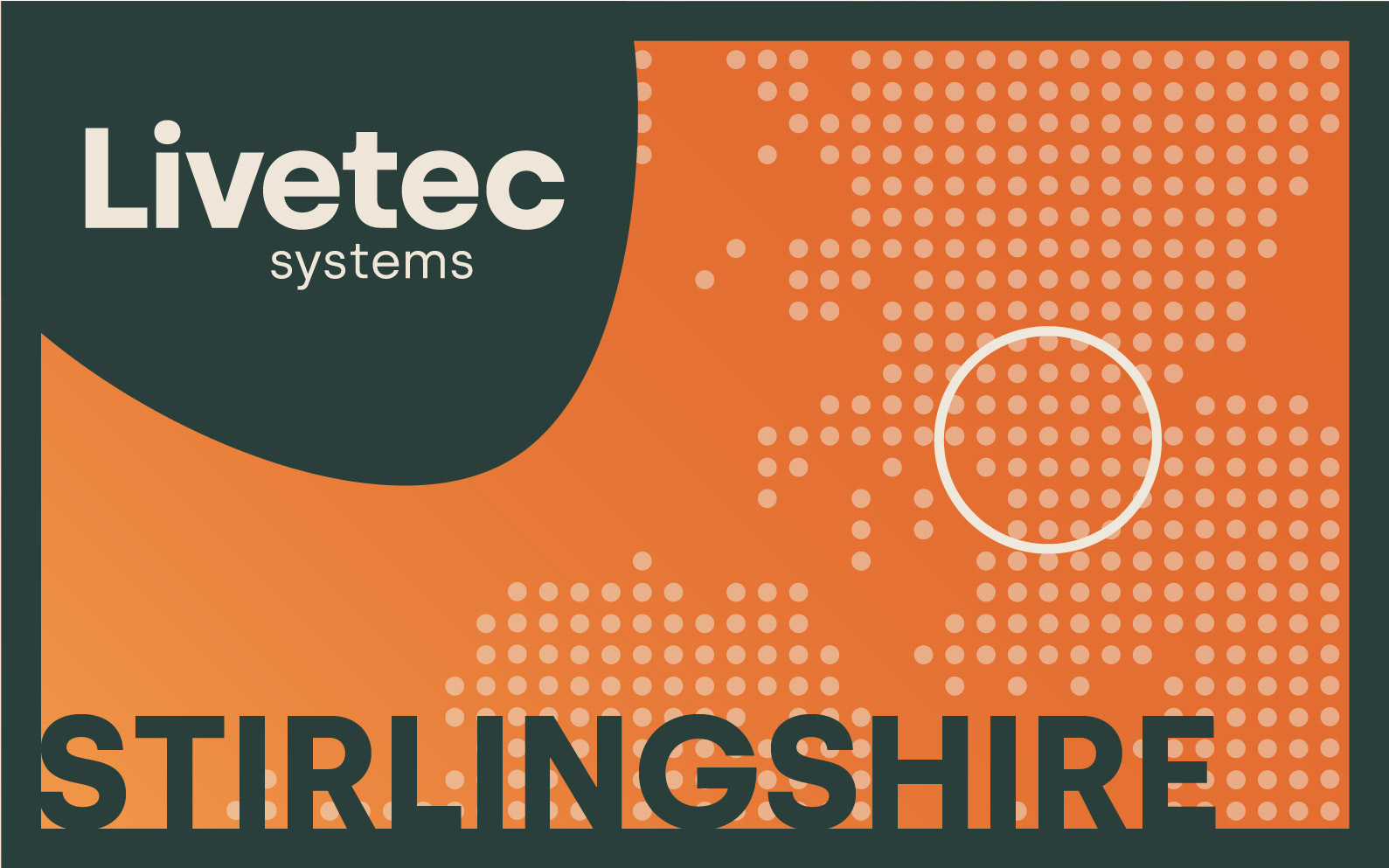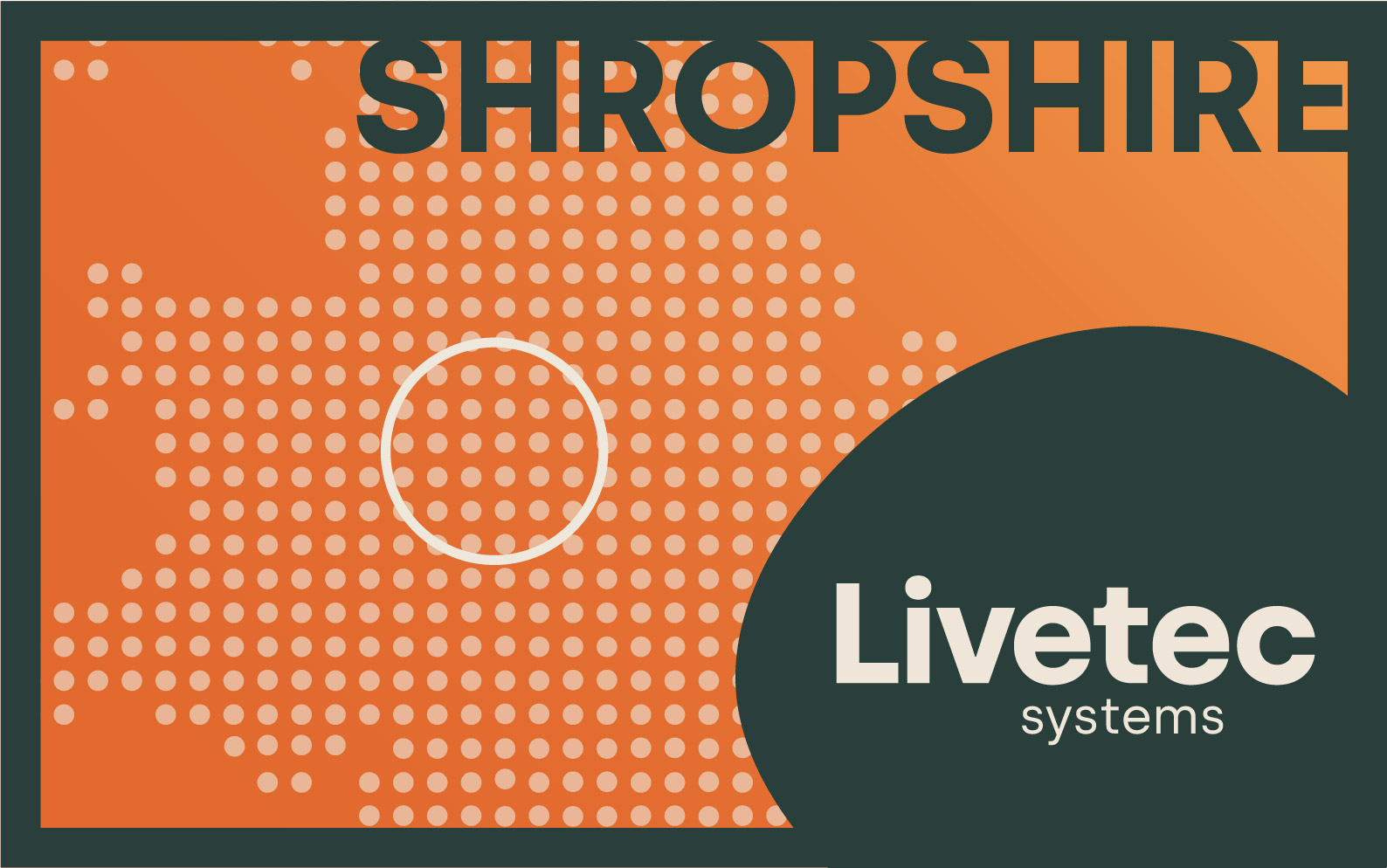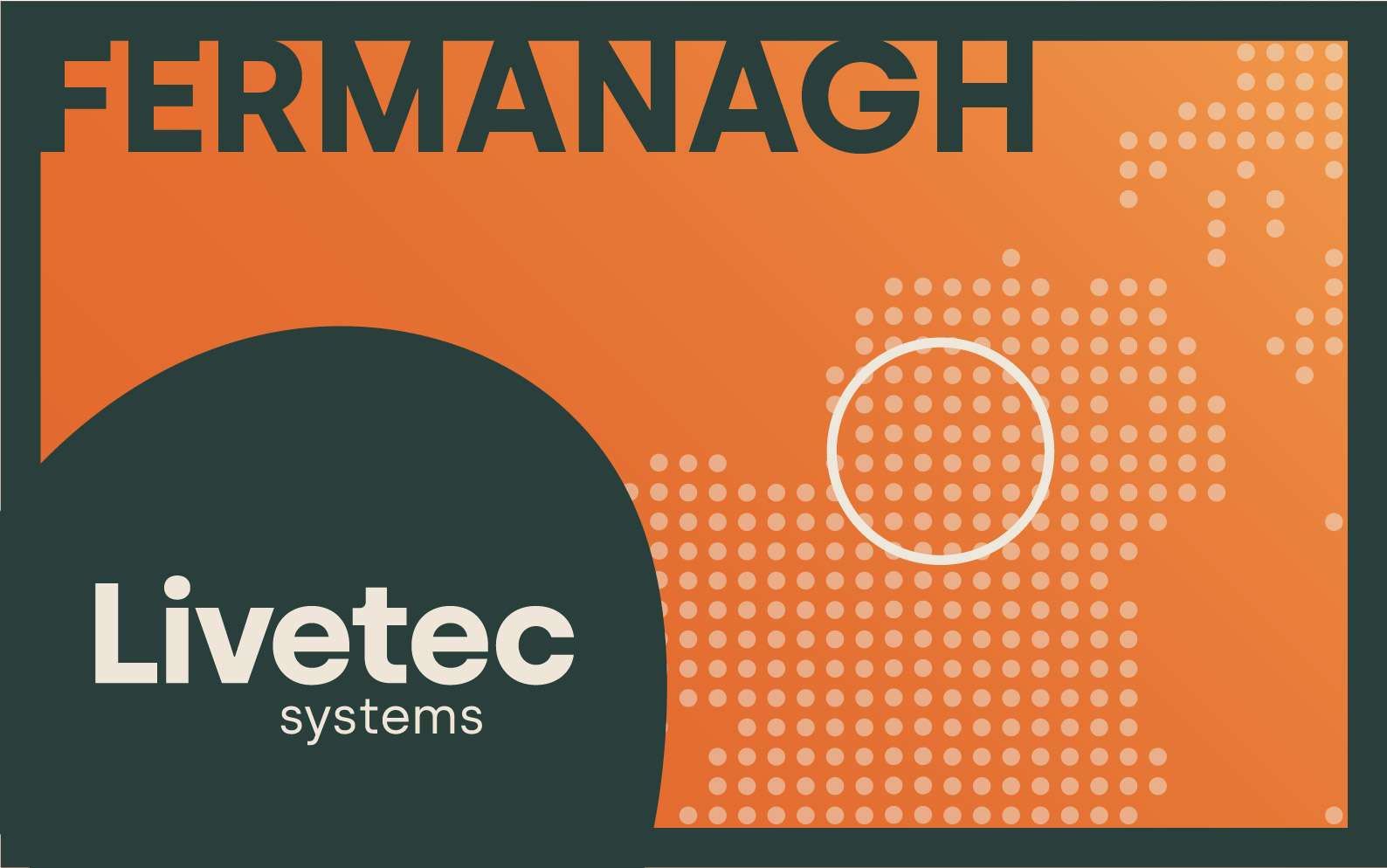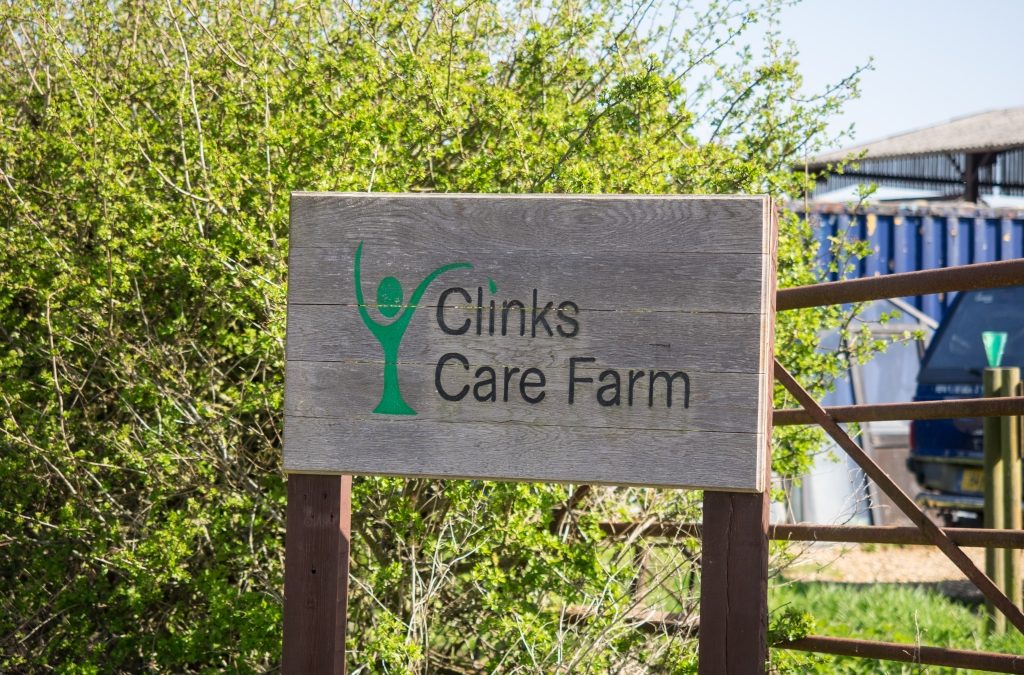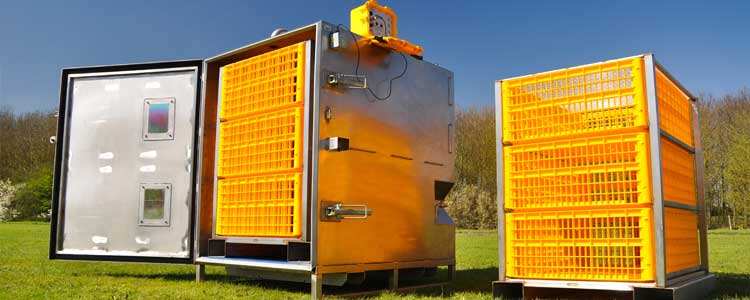A broiler chicken is a chicken that is raised for meat production. Broilers, which originated from jungle fowl in the Indian subcontinent, are typically bred to grow quickly and have high levels of lean muscle mass, making them well suited for meat production.
In the UK, broiler chickens are the most popular for meat production and as the demand for chicken has grown by over 25% in recent years, figures show that the general public currently consumes over 20 million birds each week. One reason for this is due to the health benefits associated with eating lean chicken meat. Some of the health benefits associated with eating broiler chicken meat are because it is:
- A lean protein source
- Low in saturated fat
- A good source of vitamins and minerals
- Helps to maintain a healthy weight
- Can in some cases, help to reduce the risk of heart disease and other chronic health conditions.
Currently, the cost of producing a broiler chicken in the UK is quite expensive, with an initial outlay of £350,000 for a shed to house between 25,000 and 35,000 broiler chickens, with an additional £100,000 for equipment. There are also many regulations set down by the Department for Environment, Food & Rural Affairs (Defra) which dictate how the birds must be treated and fed.
The broiler chicken industry has not only developed into a quick turn-around, high-output industry with the use of large sheds for mass production, but has also bred broilers for optimum production traits, such as a quick growth rate and their ability to take on nutrients through their feed to put on weight in the breast muscle.
What is the difference between broilers and layers?
Broiler chickens are used for meat production and have been selectively bred to have traits that appeal more to the meat industry, such as growing larger breast muscle. A broiler will typically never lay an egg because its lifespan does not allow it to reach a stage where it will start laying eggs. Layer chickens are used for egg production and have been selectively bred to produce a higher volume of eggs.
Can broiler chickens lay eggs?
Broiler chickens do not lay eggs, as they are typically fed through the supply chain at around 6 weeks of age before they reach maturity, meaning that they do not have the opportunity to lay eggs. However, broiler chickens could lay eggs if they were kept for a longer period.
Avian influenza:
Recently, the poultry industry has been hit by the worst ever recorded outbreak of avian influenza (AI), which has highlighted the risks that producers face when rearing any number of birds. Many farm businesses have suffered financial loss due to the highly-pathogenic strain that has been sweeping the UK and due poor biosecurity measures in place to protect livestock.
The lifespan of a broiler chicken
The broiler’s life cycle starts with the breeding organisations who develop and breed different broiler stocks. These broiler layers produce the eggs at a hatchery and once the chicks are a day old, they are vaccinated through spraying or an injection, and are supplied to a broiler farm for rearing. To ensure the farm’s biosecurity is not compromised, oftentimes chicks are delivered at the same time from the same hatchery.
In their early days the chicks are homoeothermic, which means they have to keep their body temperature between 40-42°C and so are susceptible to changes in temperature. Producers need to ensure the temperature of the shed is correct before the chicks arrive and must continually monitor the temperature as they develop because in certain conditions, the birds can suffer from heat stress at a later stage.
Getting the chicks to reach their optimum size requires good nutrition, with the broiler chickens’ feed needing to contain the amino acids methionine and lysine, which help the broiler convert their nutrients into meat. Proteins also play a part such as the vitamins A, B2, B12, D3, and K.
However, water is the most important nutrient to the broiler chicken and they will drink two to three times the weight of water against the amount of feed they consume, making it vital to supply clean, fresh water 24 hours a day, especially in warmer weather.
An ideal weight of a broiler at four weeks would be between 1.2kg to 1.5kg and after that they continue to gain weight.
Protecting your broiler chickens from disease with a Livetec biosecurity plan
As a broiler chicken farmer, biosecurity is vital to your business. An outbreak of disease can mean operational downtime and lost revenue, so it’s important to have a plan in place to protect your flock.
Livetec has decades of experience in providing bespoke biosecurity and contingency plans. Our years of research and development means that we are at the cutting edge of poultry health and disease prevention. We can work with you to develop a plan tailored to your specific needs, ensuring that your chickens are protected from disease.
Our close work with APHA and Defra has ensured that our plans are aligned with their disease prevention measures, so you can be confident that your flock is protected at all times. Click here to contact the Livetec team.
